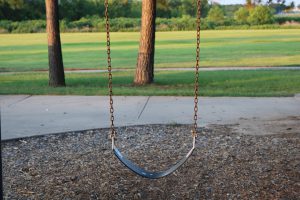
Summer break is quickly approaching for school-aged children and teens. For many students, this means a break from school and extracurricular commitments and time to have fun and recover from the school year. Summer’s a great time for children to spend more time being physically active. With more freedom during this season comes more opportunities to practice safe play!
Here are some ways you and your children can ensure their safety this summer:
- Make sure children wear appropriate clothing for their activity. For example, if they attend a day-camp or overnight camp, ask about a packing list. Also, give them safety gear to wear like a Coast Guard approved life jacket and helmet appropriate for the activity they’re participating in.
- Teach children how to be safe around a campfire, such as not playing with matches or lighters.
- Have your children keep a water bottle with them and drink it regularly to stay hydrated. Make sure they take breaks from the outdoors to come inside and cool off. Also, have them wear and regularly re-apply sunscreen with SPF and UVA/UVB protection.
- For especially hot days, have children play outside in the morning or evening hours when it’s light outside but cooler than the hot afternoon.
- For teen drivers, remind them of the importance of wearing a seatbelt, not using their cellphone while driving, and obeying laws of the road as they drive to meet friends and attend activities.
For more safety tips, visit http://www.redcross.org/news/article/nv/las-vegas/Red-Cross-Offers-Safety-Tips-for-A-Safe-Memorial-Day-Weekend, https://www.safekids.org/blog/let-summer-fun-begin, and https://www.cdc.gov/family/kids/summer/index.htm.
Enjoy your Memorial Day Weekend with your family!